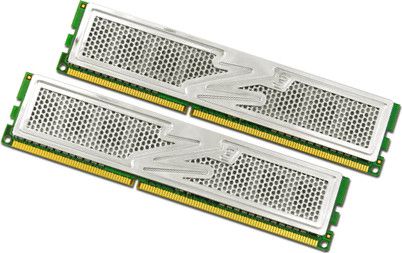This action is also largely as a result of OCZ going Public with its shares, so it has a Board to appease. Boards are always after short term gains, and SSDs fill that need - but has a longer term stability. DDR4 doesn't have a market yet, nor will it any time soon since both AMD and Intel shifted the memory controller onto the CPU... so new memory means new CPUs. They could botch something together like AMD did with DDR2 and DDR3, allowing both types to be used but with limited abilities, defeating the point of switching. This was a motherboard manufacturers choice, and those products are so niche it's non-existent. The premiums for DDR4 will be high for a while, but just like all memory before, it'll drop like a stone.
SSDs use NAND, which is traded as a commodity on the markets. SSDs are in greater demand than RAM, since they are used for storage, and people always want more storage. Memory is limited by how much your motherboard and chipset can take, thus more prone to oversupply since it is dependant on system sales. SSDs will always be in demand as long as the people want to store stuff. I'm not saying that storage is without tight margins, but that's because it was speed limited, it's only use is capacity - a single competitive metric. SSDs changed this and put speed back into storage, making it competitive as companies try to make it faster and faster, while also increasing density. Admittedly, this is largely dependant on the controller rather than the NAND itself. The other interesting factor is lifespan, SSDs will die after X number of write cycles, meaning they need replacements... constant replacements. Memory is sold with lifetime warranties and such, not that they all live up to them, but they are a lot more stable than NAND, so limited replacement opportunity.


